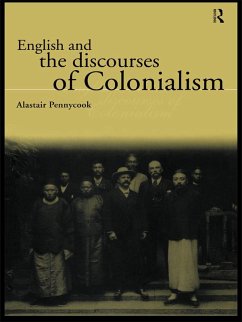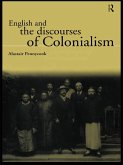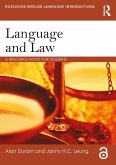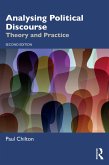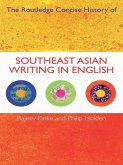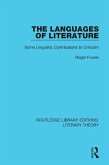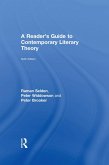This challenging and provocative book looks particularly at English, English language teaching, and colonialism. It reveals how the practice of colonialism permeated the cultures and discourses of both the colonial and colonized nations, the effects of which are still evident today. Pennycook explores the extent to which English is, as commonly assumed, a language of neutrality and global communication, and to what extent it is, by contrast, a language laden with meanings and still weighed down with colonial discourses that have come to adhere to it.
Travel writing, newspaper articles and popular books on English, are all referred to, as well as personal experiences and interviews with learners of English in India, Malaysia, China and Australia. Pennycook concludes by appealing to postcolonial writing, to create a politics of opposition and dislodge the discourses of colonialism from English.
Dieser Download kann aus rechtlichen Gründen nur mit Rechnungsadresse in A, B, BG, CY, CZ, D, DK, EW, E, FIN, F, GR, HR, H, IRL, I, LT, L, LR, M, NL, PL, P, R, S, SLO, SK ausgeliefert werden.
'...elegantly and provocatively written...It is a timely and thoughtful book written with historical sensitivity and above all, an appreciation of the need to place the question of post colonialism...Pennycook has produced an acute, entertaining and often surprising book.' - Rumina Sethi
'...elegantly and provocatively written...It is a timely and thoughtful book written with historical sensitivity and above all, an appreciation of the need to place the question of post colonialism...Pennycook has produced an acute, entertaining and often surprising book.' - Rumina Sethi

